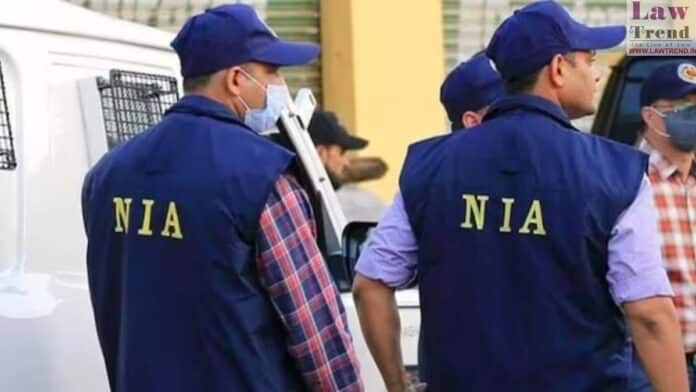In a significant development, a special National Investigation Agency (NIA) court has issued directives to the Centre and the Bar Council of India (BCI) to scrutinize the funding sources of several NGOs allegedly involved in providing legal aid to individuals accused of terrorism and anti-national activities. The court, presided over by Judge V.S. Tripathi, expressed concerns over these organizations’ roles in the judicial processes.
The inquiry will focus on around a dozen prominent NGOs, including Citizen for Justice and Peace (Mumbai), People’s Union For Civil Liberties (New Delhi), United Against Hate (New Delhi), and Indian American Muslim Council (Washington DC). These organizations are suspected of engaging lawyers for high-profile cases against the spirit of providing neutral legal aid as mandated by law.
This directive came to light during the sentencing in the Kasganj communal violence case, where 28 individuals were convicted and sentenced to life imprisonment. The 2018 incident, which resulted in the death of 22-year-old Chandan Gupta during a Tiranga Yatra on Republic Day, has been described by the court as a “pre-mediated conspiracy.”
Judge Tripathi urged the intelligentsia and stakeholders in the judicial system to critically assess why such NGOs intervene in cases involving terror and anti-national charges, especially when the legal framework already ensures free legal representation for those unable to afford it. He highlighted a concerning trend where NGOs, some international, hire costly lawyers to defend accused individuals, which could undermine the judicial system’s neutrality and integrity.
Furthermore, the court remarked on the selective defense provided by these NGOs, noting a pattern where legal aid is predominantly offered to Muslim accused, which public prosecutors argued could embolden anti-national elements contrary to the original spirit of the Constitution.
The judge also noted that in several high-stakes cases, including those involving terrorism, waging war against India, and leaking confidential information, lawyers connected with these NGOs often pre-emptively appear to represent the accused, filing Vakalatnamas in advance.




